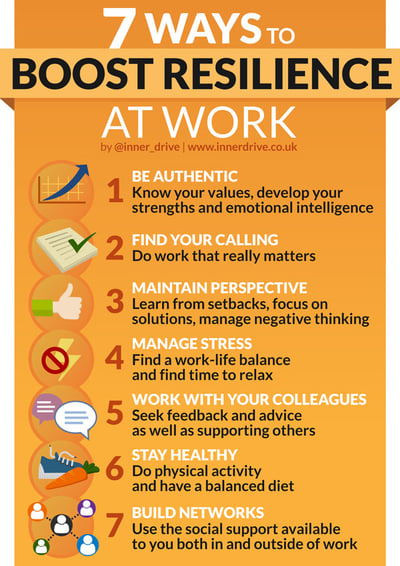When it comes to the workplace, emotions can sometimes feel like a taboo topic. We are often expected to leave our feelings at the door and focus solely on the tasks at hand. But the reality is that emotions are a fundamental part of the human experience, and they can have a significant impact on our professional lives. Learning to manage our emotions and cultivate resilience in the workplace is not only beneficial for our mental well-being, but it can also lead to greater success and fulfillment in our careers.
As someone who has faced my fair share of emotional challenges in the professional setting, I understand firsthand how difficult it can be to navigate this delicate balance. I vividly remember a time when I received some harsh criticism on a project I had poured my heart and soul into. My initial reaction was a mix of anger and sadness, and I found myself struggling to keep my emotions in check. However, over time, I have discovered various strategies and techniques that have helped me develop resilience and effectively manage my emotions at work.
The first step in managing emotions at work is acknowledging and accepting them. It is important to recognize that it is perfectly okay to feel a range of emotions, whether it is frustration, disappointment, or even happiness. Emotions are not inherently bad or good; they are simply indicators of our inner experiences. By acknowledging our emotions, we can begin to understand the underlying causes and address them in a healthy manner.
Once we have acknowledged our emotions, the next step is to assess the situation objectively. This involves taking a step back and looking at the bigger picture. Is the situation something that can be resolved? How much control do we have over the outcome? By gaining a sense of perspective, we can avoid getting caught up in the heat of the moment and make more rational decisions.
One effective technique for managing emotions in the workplace is practicing emotional intelligence. Emotional intelligence refers to the ability to recognize, understand, and manage our own emotions as well as empathize with the emotions of others. By developing emotional intelligence, we can navigate workplace conflicts more successfully, build stronger relationships with our colleagues, and make better decisions.
One way to enhance emotional intelligence is through self-awareness. This involves being attuned to our own emotions and understanding how they can impact our behavior and interactions with others. Regular self-reflection can help us identify patterns and triggers that cause certain emotions to arise, allowing us to preemptively address them before they escalate.
Another aspect of emotional intelligence is empathy, which involves understanding and sharing the feelings of others. By putting ourselves in someone else’s shoes, we can better relate to their perspective and respond with compassion and understanding. This not only builds stronger relationships but also creates a more inclusive and positive work environment.
In addition to developing emotional intelligence, cultivating resilience is key to effectively managing emotions at work. Resilience is the ability to bounce back from setbacks, adapt to change, and thrive in the face of adversity. It involves developing a mindset that embraces challenges as opportunities for growth rather than sources of stress.
One strategy for building resilience is to practice self-care. Taking time to recharge and prioritize our well-being can help us better cope with workplace stress. This can include activities such as exercise, meditation, or pursuing hobbies outside of work. By investing in ourselves, we can build up our emotional reserves and be better equipped to handle whatever comes our way.
Another important aspect of resilience is building a support network. having a trusted group of colleagues, mentors, or friends who can provide guidance and a listening ear can make all the difference in managing emotions at work. Knowing that we have someone to turn to can alleviate some of the burdens and provide valuable perspective during challenging times.
Lastly, reframing negative experiences can be a powerful tool in developing resilience. Instead of dwelling on the negative, focus on the lessons learned and the opportunities for growth. By shifting our perspective, we can transform setbacks into stepping stones and turn difficult experiences into catalysts for personal and professional development.
Managing emotions in the workplace is not always easy, but with practice and commitment, it is possible to cultivate resilience and thrive in the face of emotional challenges. By acknowledging and accepting our emotions, developing emotional intelligence, and building resilience, we can create a healthier and more fulfilling work environment for ourselves and those around us. Remember, emotions are not a sign of weakness, but rather an integral part of our humanity that can be harnessed and channeled to create meaningful and rewarding professional experiences.
